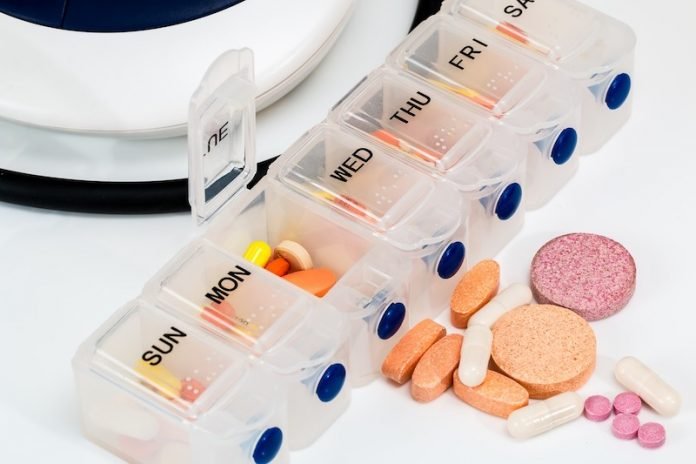
In a recent study, researchers found lower levels of dietary vitamins and antioxidants are linked to frailty in older people.
The research was conducted by a team from The Irish Longitudinal Study on Ageing (TILDA) at Trinity College Dublin. This is the largest study to date.
Frailty is a common chronic syndrome that affects up to 25% of adults over 65 years and over half of adults over 80.
Frailty is characterized by an overall decline in physical function and a loss of ability to bounce back after experiencing a stressful event such as an infection, a fall, or surgery.
It is linked to poor health, disability, and death.
In the study, the team examined the association of vitamin B12, folate, vitamin D, lutein, and zeaxanthin levels with frailty.
The B vitamins (B12 and folate) are important for several cellular processes throughout the body including DNA repair and energy metabolism.
Vitamin D is essential for bone metabolism, muscle strength, and mood.
Lutein and zeaxanthin have antioxidant and anti-inflammatory properties important in eye health and brain health.
Low levels of all of these vitamins and antioxidants are common among Irish adults.
The team found lower levels of lutein, zeaxanthin, and vitamin D were consistently associated with not only frailty but also earlier stages of ‘pre-frailty’ (a subclinical precursor of frailty).
Low levels of B vitamins were linked to pre-frailty.
Furthermore, the accumulation of micronutrient insufficiencies—having low levels of more than one micronutrient—was progressively linked to severity stages of frailty.
The team says lower levels of specific vitamins and antioxidants—and having low levels of more than one micronutrient—is consistently and progressively linked to frailty among adults aged 50 years and over.
The finding may help develop new potential treatments for this common and important health condition.
The lead author of the study is Senior Research Fellow at TILDA, Dr. Aisling O’Halloran.
The study was published in the Journal of the American Medical Directors Association.
If you care about nutrition, please read studies about drinking diet soda linked to lower colon cancer risk, and vitamins A, C, and E could help reduce bone fracture risk.
For more information about nutrition, please see recent studies that green tea could strongly reduce blood pressure and results showing cutting 1 gram of salt from daily meals could prevent 9 million heart attacks and stroke cases.



